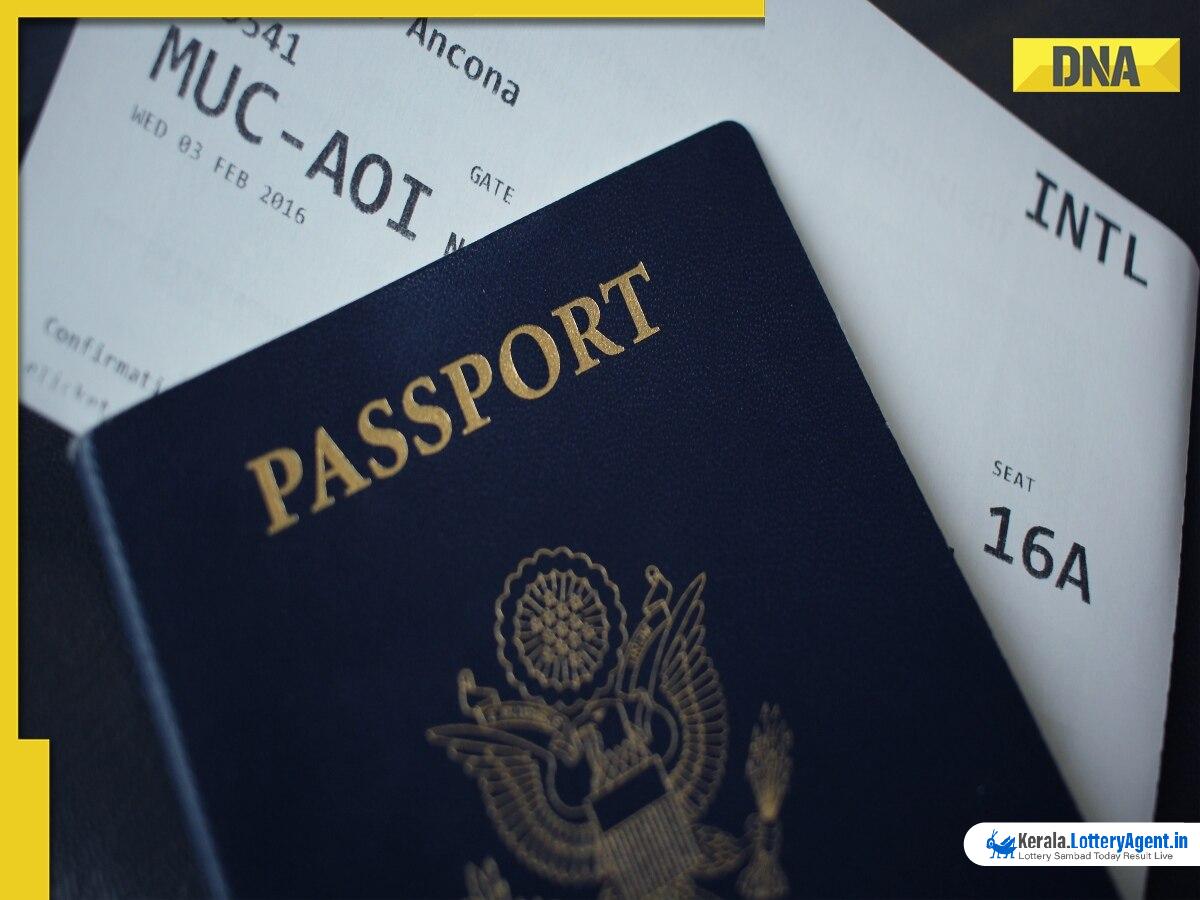
In a significant move aimed at curbing potential fraud and streamlining the existing registration process, the United States has announced an extensive overhaul of its annual lottery for H-1B speciality occupation visas. This change is expected to considerably impact Indian IT professionals, who form a large percentage of applicants for these highly coveted visas. The announcement also includes the launch of a pilot program to allow domestic renewal of H-1B visas, which is likely to benefit thousands of Indian tech professionals directly.
The H-1B visa is a non-immigrant visa that permits U.S. companies to employ foreign workers in specialty occupations that require theoretical or technical expertise. Annually, technology companies hire tens of thousands of employees under this visa, especially from countries like India and China. However, the current system has been criticized as being prone to fraud and abuse, primarily due to multiple applications submitted by or on behalf of the same individual.
To address these issues, the U.S. Citizenship and Immigration Services (USCIS) has introduced a raft of new regulations designed to establish a beneficiary-centric selection process for visa registrations by employers. This change fundamentally shifts how H-1B lottery selections will be made, focusing on the individual applicant rather than multiple registrations submitted in their name. USCIS Director Ur M Jaddou explained, “We’re always looking for ways to bolster integrity and curtail potential fraud while improving and streamlining our application processes.”
One of the key amendments involves counting and accepting H-1B visa applications based on an individual’s credentials—such as passport numbers—regardless of the number of applications submitted across different companies. This new method is designed to level the playing field by ensuring that each individual, or “beneficiary,” has the same chance of being selected, thus discouraging attempts to game the system through multiple registrations.
Further strengthening the process, USCIS has codified new rules aimed explicitly at reducing fraud in the registration process. One such rule involves requiring registrants to provide valid passport or travel document information for each beneficiary. This data must correlate with the document that the beneficiary intends to use to enter the United States if they are issued an H-1B visa. The federal agency also retains the right to deny or revoke H-1B petitions if the associated registration fees are invalidated for any reason, including failure to reconcile, disputes, or fraud.
The overhaul will come into effect for the fiscal year 2025 H-1B cap, with the initial registration period opening at noon on March 6 and running through March 22. Starting on February 28, companies can begin creating accounts for the registration process. Each account will enable prospective petitioners and their representatives to register beneficiaries electronically and pay the necessary registration fees.
.
Sharvari Dalal-Dheini, Director of Government Relations at the American Immigration Lawyers Association (AILA), noted that the new H-1B registration process should result in a more equitable system. She emphasized that after last year’s registration period, when over 750,000 registrations were submitted for a mere 85,000 available visas, it was clear that the existing system was unworkable. “It is commendable that DHS took steps to shift from a flawed model to one that will create a fairer system in time for this year’s registration period,” she added.
In a parallel development, the U.S. State Department has launched a pilot program to renew H-1B visas domestically. This allows current H-1B visa holders within the U.S. to renew their visas before a temporary trip abroad. This program, announced during Prime Minister Narendra Modi’s State visit in June of the previous year, is set to run from January 29, 2024, to April 1, 2024, or until all available application slots are filled. This initiative marks the first time in nearly two decades that H-1B nonimmigrants will be able to renew their visas within the U.S.
The pilot program will accept around 4,000 applications weekly, divided equally among applicants whose prior H-1B visas were issued in Canada and those issued in India. Applications will be processed on a strict first-received, first-processed basis, with specific application dates set for January 29, February 5, February 12, February 19, and February 26. The estimated processing time is between six to eight weeks from the date the applicant’s passport and other necessary documents are received by the State Department.
For those unable or unwilling to participate in the pilot program, the option to apply for visa renewal at a U.S. embassy or consulate overseas remains available. This combination of regulatory overhauls and new programs underscores the U.S.’s commitment to both streamline the H-1B visa process and ensure its integrity, paving the way for a more equitable system for all stakeholders involved.












